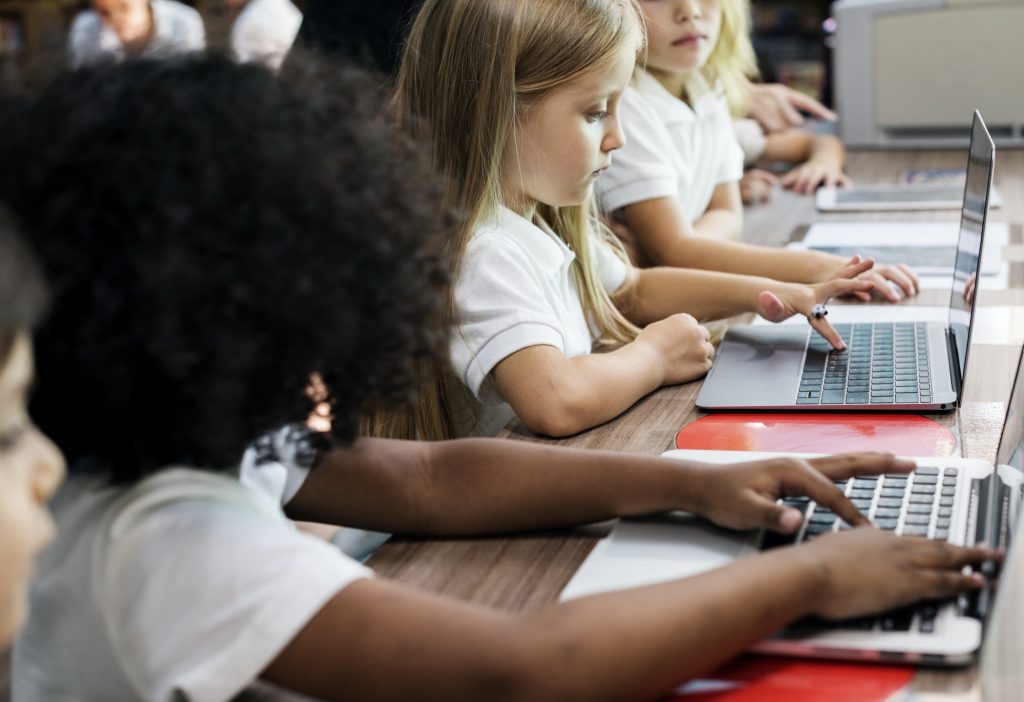Belgian schools tighten smartphone restrictions to combat distractions and cyberbullying
The trend of making schools smartphone-free environments is emerging not only in Belgium, but in the Netherlands, France, and Ireland, among others.

An international school near Brussels, Belgium has implemented a strict policy to curb smartphone use by requiring students to place their devices in a locker at the start of the day. If students are found using smartphones, the devices are confiscated and returned at the end of the school day.
This initiative, led by school director David Bogaerts, is set to be adopted by hundreds of schools across Brussels and Wallonia. The new Francophone community government plans to enforce a smartphone ban in primary schools and the first three years of secondary schools. This reflects a growing trend across Europe, with the Netherlands already enacting such bans and France and Ireland contemplating similar measures. The same debate is also ongoing in the US.
These bans are driven by rising concerns over distractions and cyberbullying associated with smartphones, along with the negative effects of excessive screen time on children’s mental health. European Commission President Ursula von der Leyen highlighted these concerns, emphasising the critical importance of teenage years for brain and personality development and the susceptibility of young people to social media’s harms. In classrooms, teachers face challenges managing apps like TikTok, Snapchat, and the newer TenTen, which distract students significantly.
In response, the Francophone school federation Wallonie-Bruxelles Enseignement (WBE) has announced a comprehensive smartphone ban, arguing that previous, less restrictive measures have failed.
Why does it matter?
While some support the ban for its clarity and positive impacts on behaviour and attention spans, others also warn it may prevent students from learning responsible smartphone use during formative years. Alternatives include using apps to monitor smartphone use as educational tools and integrating laptops for digital learning, providing a balanced approach to managing technology in schools.
